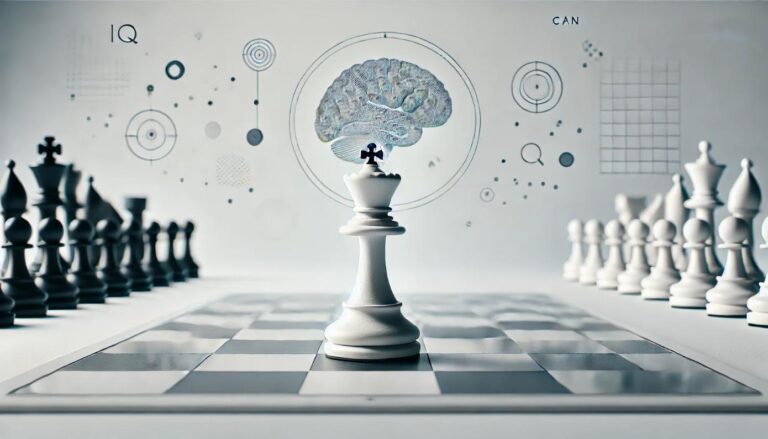Introduction
Playing chess is a mentally challenging game that requires critical thinking, strategy, and patience. While many parents may think that chess is only for adults, it is actually a great activity for children as well. In fact, there are numerous mental benefits that young children can gain from learning and playing chess. In this article, we will explore the reasons why your five-year-old should learn to play chess and how it can help their overall development.
Develops Critical Thinking Skills
At the young age of five, children are in a stage of mental development where they are constantly absorbing new information and learning how to think critically. Playing chess requires players to analyze the board, plan ahead, and anticipate their opponentâs moves. These skills are essential for problem-solving and decision-making, which are important life skills that children can carry with them into adulthood. By learning how to think critically through chess, children can transfer this skill to other areas of their lives, such as academics and relationships.
Enhances Memory and Concentration
Chess is a game of memory and concentration, as players must remember the moves they have made and the potential moves their opponent could make. This helps to strengthen a childâs memory and improve their ability to focus and concentrate. In a world where children are often surrounded by distractions, learning how to concentrate on one activity at a time is a valuable skill. Additionally, studies have shown that playing chess can improve a childâs attention span and overall memory retention, which can be beneficial for academic success.
Teaches Strategic Thinking
Chess is a game that requires players to think several moves ahead and anticipate their opponentâs moves. This type of strategic thinking helps children to develop their foresight and planning skills. It also encourages them to think strategically and consider the consequences of their actions. By learning how to think strategically in a game of chess, children can also apply this skill to real-life situations, such as making decisions and setting long-term goals.
Promotes Sportsmanship
Chess is not just a game of strategy, but it also teaches important values such as sportsmanship and respect. In chess, children learn how to win and lose gracefully, as well as how to respect their opponent. This promotes good sportsmanship and teaches children that it is not just about winning, but about enjoying the game and respecting others. Additionally, chess also teaches children the concept of fair play, as all players have equal chances of success regardless of their age, gender, or background.
Boosts Self-Confidence
Learning how to play chess can also boost a childâs self-confidence and self-esteem. As children improve at the game, they gain a sense of accomplishment and feel proud of their abilities. This can also help to build their confidence in other areas of their lives, as they realize that with practice and determination, they can improve and succeed. Furthermore, chess can also provide a sense of empowerment for children, as they are in control of their own decisions and the outcome of the game.
Conclusion
In conclusion, teaching your five-year-old how to play chess can provide numerous mental benefits that will aid in their overall development. From critical thinking and strategic planning to memory retention and sportsmanship, chess is a game that can teach children valuable skills that they can carry with them into adulthood. So, consider introducing your child to chess and watch as they learn and grow through this challenging and rewarding game.

